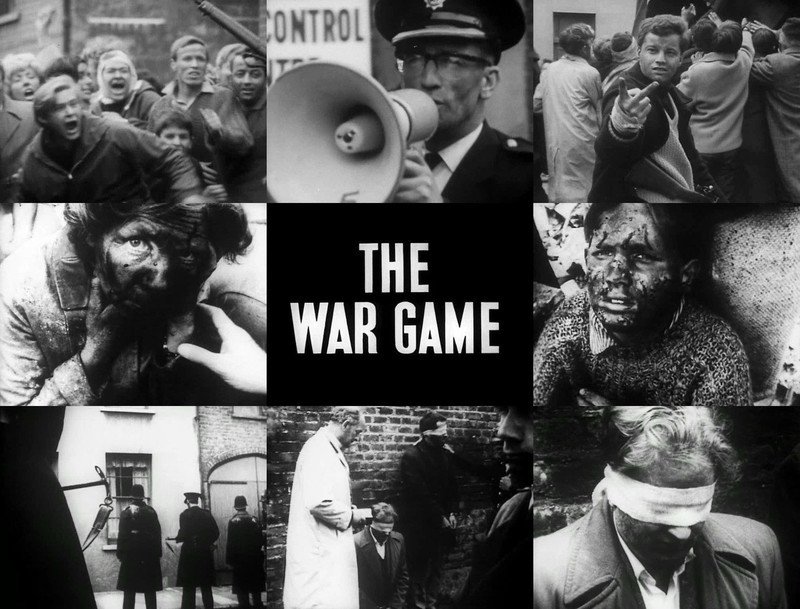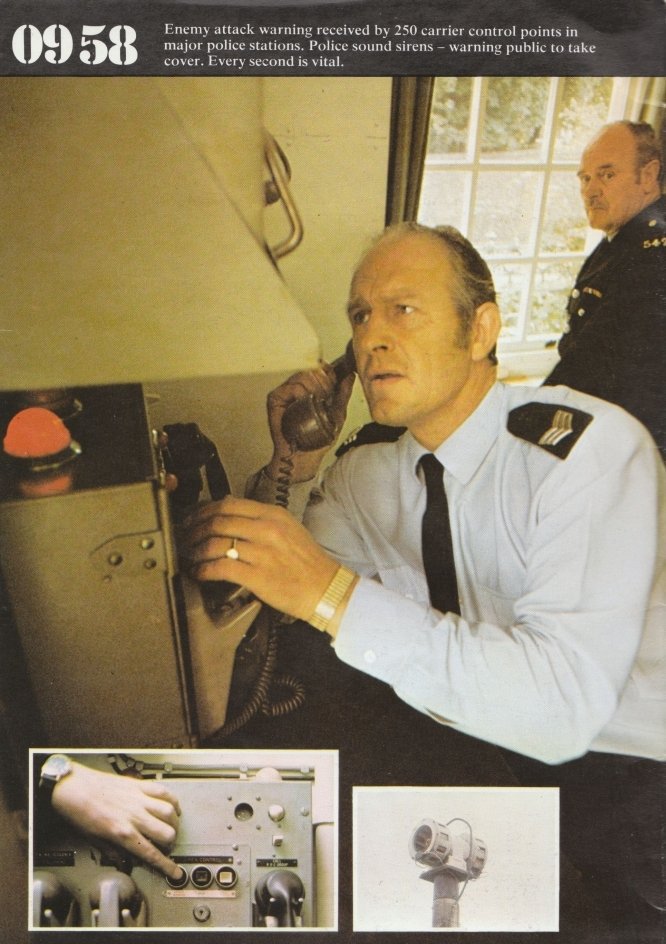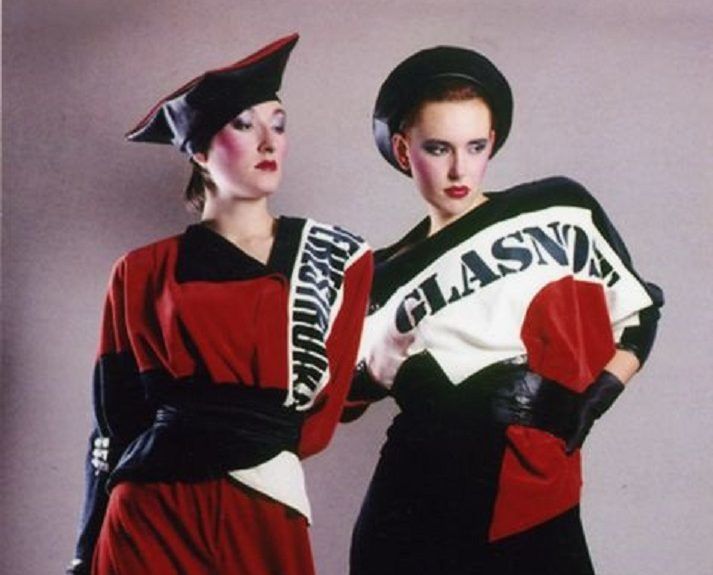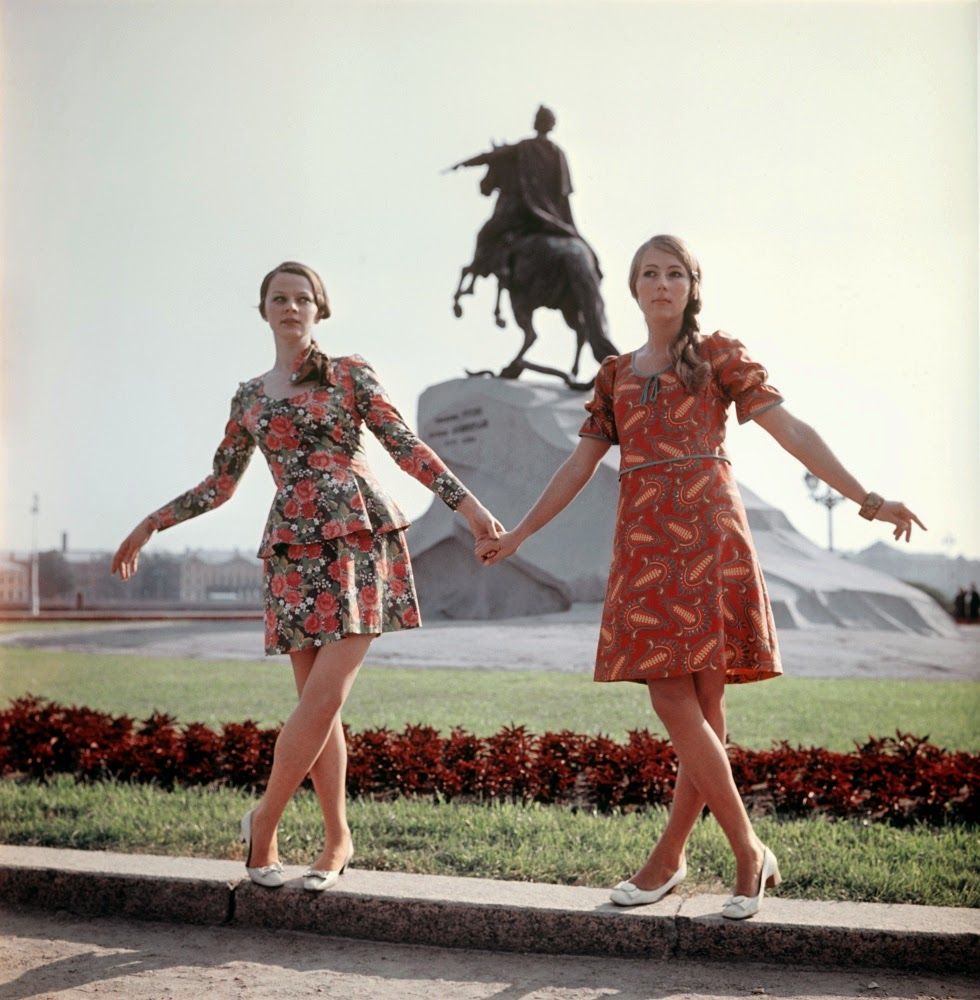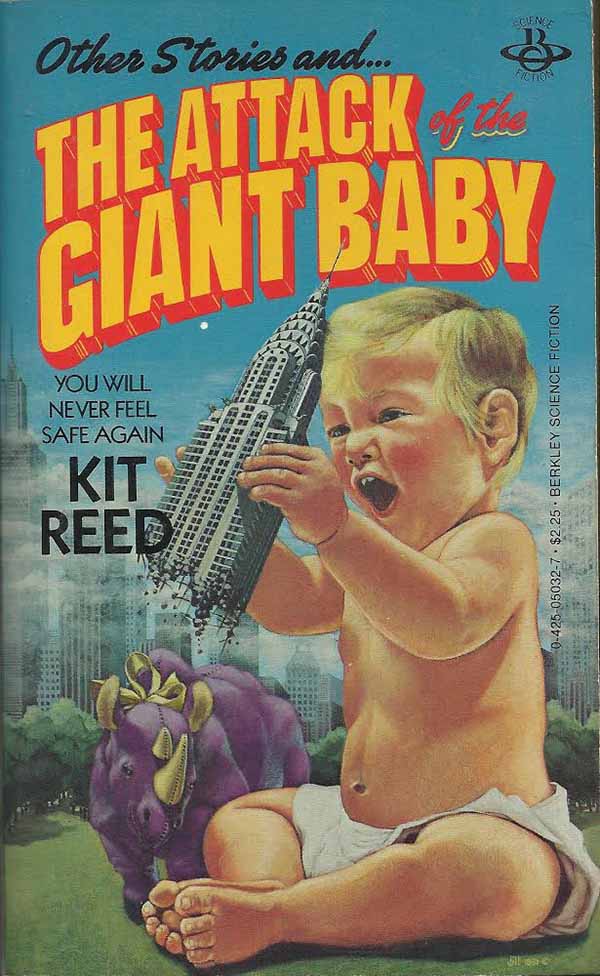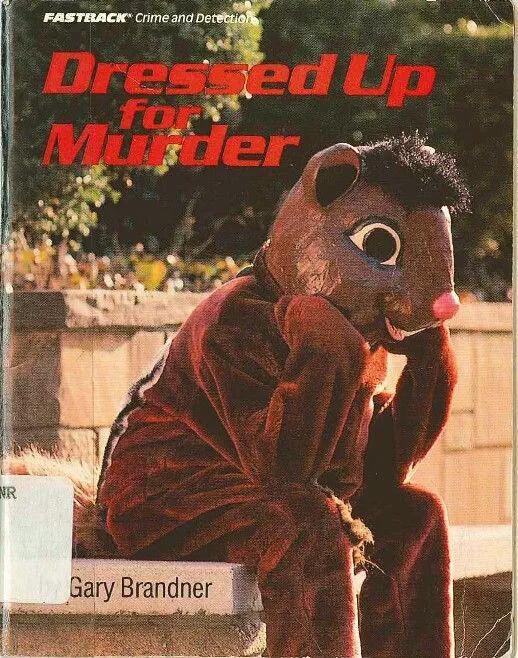
Both the BBC and ITV produced a range of TV programmes to help with the school syllabus from the 1970s onwards. As a treat you got to sit cross-legged in the school library in front of the 'school telly' to watch them! 
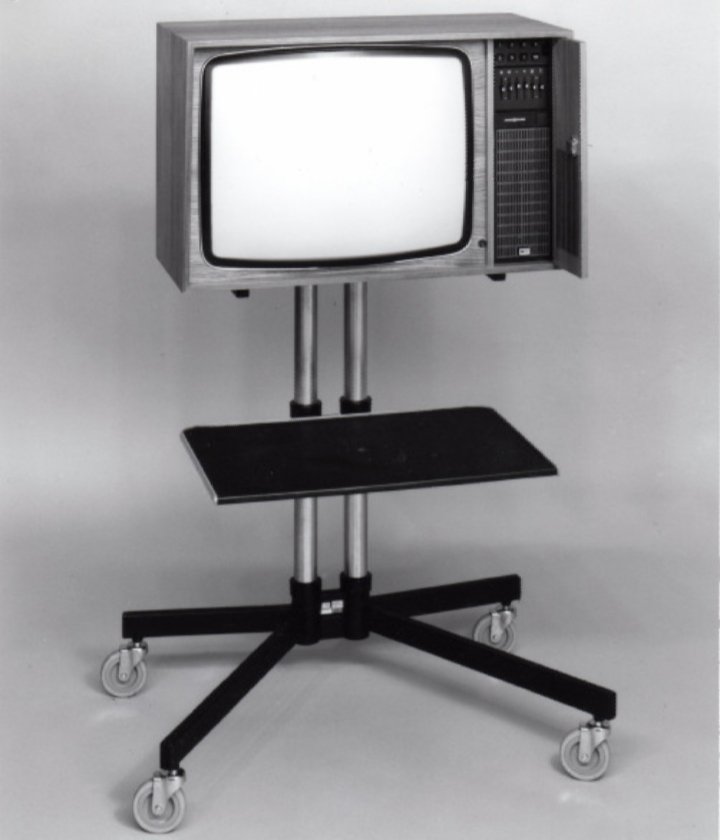
Look and Read was one of the longest-running BBC educational programmes, starting in 1967 and continuing up to 2004. It was fronted by Wordy - a nightmare-inducing floating goofball typewriter head! Who thought that was a good idea? 

Look and Read featured a story for viewers to follow across the weeks, many of which are now classics: tales such as The Boy From Space and Geordie Racer. 



ITV's flagship story programme was Picture Box with Alan Rothwell: a gnostic TV storytime show that featured a genuinely terrifying theme tune. It was more like a supernatural horror movie than schools TV!
History was provided by How We Used To Live - Yorkshire TV's soap opera of the past covering everything from the Victorians up to the swinging '60s.
It did feel like watching The Sullivans at times...
It did feel like watching The Sullivans at times...
Experiment was just that - a video of an experiment for schools with no chemistry labs. You had to take down readings from the screen whilst listening to a disembodied scientist. Sometimes he would point at Leibig condenser with a pencil. It was all very surreal.
Zig Zag was the show with the exciting futuristic titles masking the slightly dull magazine-type content: history, science and geography for seven year olds. Oh how cheated we felt!
The reason schools TV is so fondly remembered is because the range of TV programmes we had in the 1970s and early '80s was so limited. It's like they wanted us to go outside and do things instead! 

More childhood TV flashbacks another time. Let's wheel the school TV back into the library now and get ready for P.E.
Play our song please...
Play our song please...
• • •
Missing some Tweet in this thread? You can try to
force a refresh


